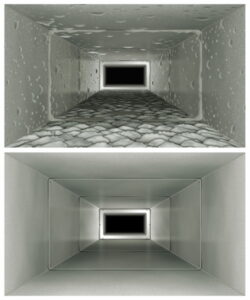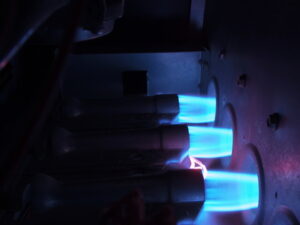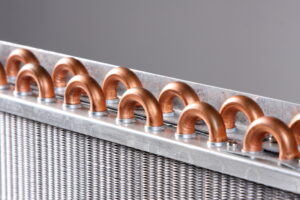
The summer weather is still here and it’s still hot—so we thought we’d cool you down a bit with some talk of ice. Specifically, we’re going to answer a question many homeowners have about winter conditions and their plumbing: Why do water pipes sometimes burst in the winter?
We’re not talking about this just as a nice break from the heat. Fall is almost here, and that’s the time to make preparations to prevent pipe bursting in the winter. A bit of precaution goes a long way when it comes to stopping this problem in your home. If you’re already noticing low water pressure at home, it could indicate underlying issues that may worsen in the winter.









